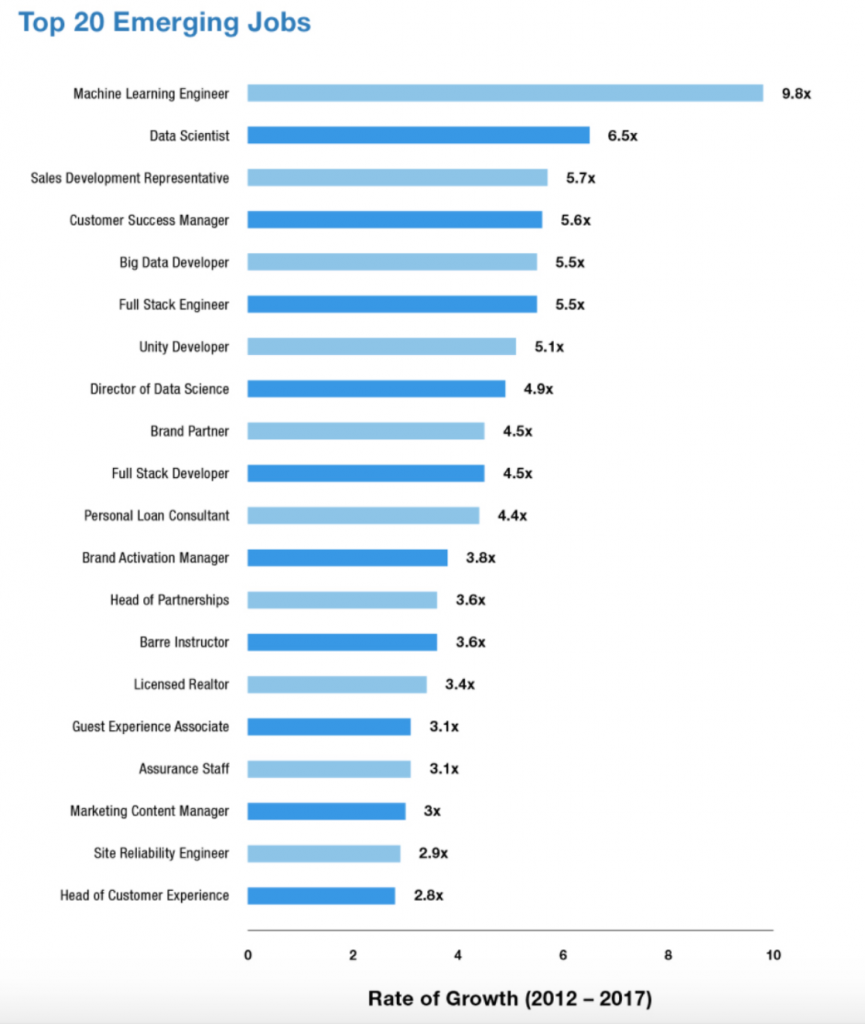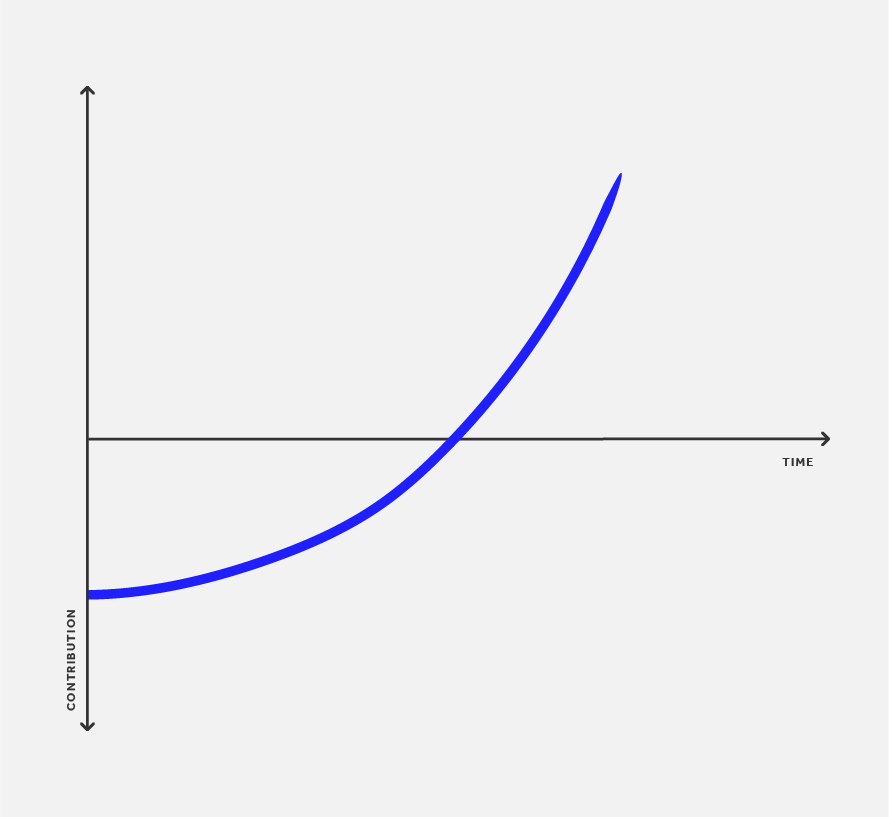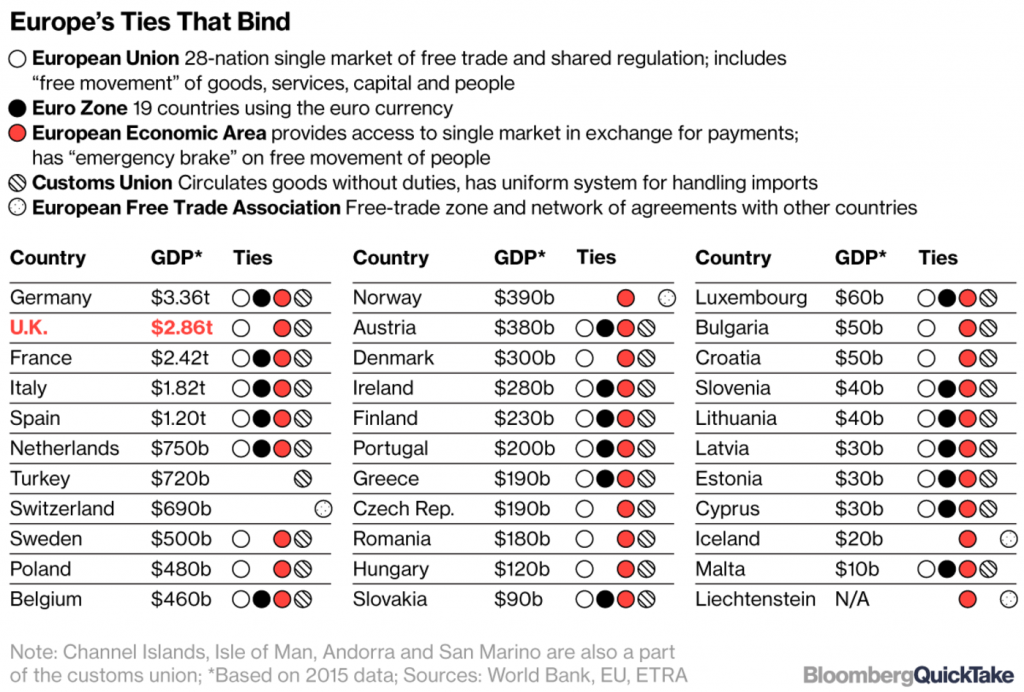Sections
The Long Now
[avatar user=”malm” size=”small” align=”left” link=”file” /]
The Clock of the Long Now is a notorious Think Big techno-utopian fantasy and it’s now coming to life as “a project that [Jeff Bezos] has invested $42 million in (along with a hollowed-out mountain in Texas that [he] intends for a Blue Origin spaceport), with the goal of building a mechanical clock that will run for 10 millennia“:
Installation has begun—500 ft tall, all mechanical, powered by day/night thermal cycles, synchronized at solar noon, a symbol for long-term thinking—the #10000YearClock is coming together thx to the genius of Danny Hillis, Zander Rose & the whole Clock team! Enjoy the video. pic.twitter.com/FYIyaUIbdJ
— Jeff Bezos (@JeffBezos) February 20, 2018
A clock that stands the test of time is a monument to the triumph of humanism over nature. Ozymandias 2.0 aspirants may wish to reflect on Paul McCartney’s tweet on what would have been George Harrison’s 75th birthday which served as a reminder that as humans we are all transitory beings Living in the Material World and that All Things Must Pass:
Happy Birthday Georgie. Wonderful memories. pic.twitter.com/JklMJ79Zeo
— Paul McCartney (@PaulMcCartney) February 25, 2018
Listening to the 3.45 minutes of Harrison’s Art of Dying from the eponymous album is a far more enriching and rewarding way of thinking about the experience of time than staring at a 10k year clock. Our own individual long now will end soon enough. Ripeness is all:
Machine Learning and IoT
Codecademy are running an introductory course called What is Machine Learning?
If you think about it, Excel couldn’t handle the number of rows of data five years ago that we need today to do machine learning. Today, your only limitations are your imagination and your AWS budget.
Here’s another fairly blunt rationale why:
Farhad Manjoo in the NYT profiles Alexa explaining why something that started as a bit of a joke may be the foundation of a whole new early 21st century industry sector:
“When Amazon unveiled Alexa three and a half years ago, it was roundly jeered. Now, against all expectations, even though she’s sometimes unpredictable and unpolished, Alexa is here to stay. And that may be underplaying it; people in tech have recently begun to talk about Alexa as being more than just part of a hit gadget.”
IoT is “mostly boring and that’s just fine“. Evidence suggests 2017 represented something of a pivotal turning point:
We have spoken to a number of companies on the topic of IoT, including Cisco, Ericsson and Actility and they all seem to agree that the level of real-world, commercial activity around IoT has ramped significantly in the past year. However they all tell a similar tale of sensible, grown-up, industrial uses dominating that activity.
Asia
It used to be a given that everyone wanted an iPhone. WSJ are now explaining why Asian customers prefer Chinese devices to iPhones. They cost too much.
Chinese AI startups scored more funding than their analogues in the US in 2017:
Of $15.2 billion invested in AI startups globally in 2017, 48 percent went to China and just 38 percent to America. So says a new report from CB Insights about the state of AI.
Management and Leadership
Excellent collection of “the best pieces of advice we’ve ever published on the tricky task of giving truly great feedback” from FirstRound. Well worth reading for anyone that manages people:
1. Managers, take responsibility for the best and the worst.
2. Practice your delivery, even if it feels silly or unnecessary.
3. Be the force that helps employees zoom out.
4. Don’t just give feedback — have ‘Career Conversations.’
5. Avoid Performance Improvement Plans with this advice from Slack’s VP Engineering.
6. Gender plays a role in feedback that shouldn’t be ignored.
Credential creep is “the act of raising minimum job requirements in the hope of hiring more qualified employees” and it often leads to the opposite of what was intended. And really:
What evidence is there that 10 years of experience isn’t better and more predictive than a degree?
The contribution curve illustrates why it is important to recognise that whenever you hire any employee, particularly a new graduate, you will be in the red in terms of contribution until they ramp up:
“Grit is the reason some people are successful even though they aren’t any smarter or better than the rest of us“. Here are four tips for how to get some sisu into your life and work:
- Learn to look on the bright side
- Focus on who you want to be not who you once were.
- Practice getting up when you fall.
- Develop a solid support system.
It’s ok to keep asking questions. This Quartz post explains how to tell if they’re stupid and, crucially, what you can do about it:
- Change every “Why,” Who” or “When” to either a “How” or “What.
- Follow with the words “can I.”
- End the question with some action word such as “do” or “help.”
Politics
Bloomberg on how staying in a Customs Union after Brexit would help British businesses. Brexiteers will not stand for it though given “a key part of the campaign narrative for Brexit was that Britain would go out in the world and forge new deals” which wouldn’t be entirely unencumbered if a custom union remained. In terms of options, we still want to have our cake (ie. sit outside the EU, EEA and EFTA) and eat it too (ie. operate a sort of light-touch Turkey++ arrangement):
GMF tracks and analyses the operation of Russian bots and trolls on Twitte in an attempt to “secure democracy”. It might be a little late in the day for that but their web site is still full of fascinating information.
Sinofsky on the ‘pdfgate’ and how Windows came to the rescue:
Manafort left an incriminating paper trail because he couldn’t convert PDFs to Word files: https://t.co/xcDFI3CDT0 via @slate // I knew we should have named the menu item File|Convert and not “bury” it under File|Save As… 🖇📎
— 🧘🏻♂️Steven Sinofsky ॐ (@stevesi) February 25, 2018
Culture and Society
Will Self on walking into old age:
You’ve got to make your peace with getting older. It’s the key to good mental health in later years. In adjusting to it lies a great deal of acceptance of mortality and the reality of your life. .. All you have to do is walk a bit more and eat a bit less and you’ll be fine. And don’t smoke.
The horror of mass mortality events and why we can expect more of them in the coming years. These will be another terrible hallmark of the Anthropocene:
Evolution takes millions of years and if we have a shift in environmental conditions, everything that’s evolved in that particular environment is under different pressures. Microbes adapt and can respond to changes quickly, but mammals take hundreds of thousands of years or millions of years to adapt. That’s the real worry.
Still, we still have Japanese forest medicine for now.
Quartz just published a download special on the Rubic’s Cube which is almost 40 now. A remarkable 400 million cubes have been sold. It’s never too late to learn!


